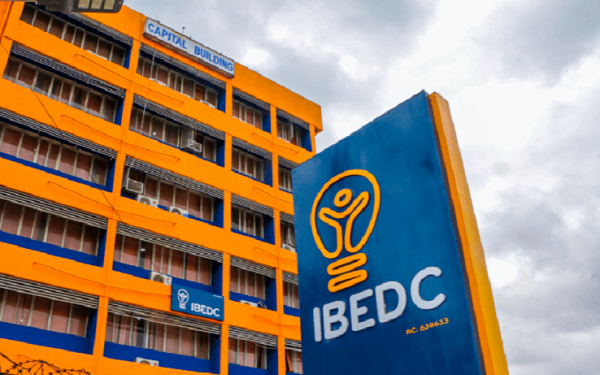The University College Hospital (UCH), Ibadan, a prominent healthcare institution in Nigeria, experienced a debilitating 100-day power outage due to unpaid electricity bills exceeding N283 million. This dire situation prompted a crucial meeting involving the Minister of Power, Adebayo Adelabu, UCH management led by Chief Medical Director Jesse Otegbayo, and the Ibadan Electricity Distribution Company (IBEDC) represented by its Managing Director, Francis Agoha. The meeting, held at UCH, aimed to resolve the protracted power crisis that had crippled the hospital’s operations and jeopardized patient care. Concurrent with the meeting, medical students from UCH staged a protest, highlighting the unbearable conditions caused by the lack of electricity and water, further emphasizing the urgency of the situation.
The meeting yielded positive outcomes, with all parties agreeing on a course of action to restore power and address the underlying financial issues. IBEDC committed to restoring electricity to critical sections of the hospital within 48 hours. This immediate action aimed to alleviate the most pressing concerns and allow for the resumption of essential services. A longer-term solution involved a structured repayment plan for the outstanding debt. UCH agreed to settle the N283 million in installments over a period of 8 to 12 months, alongside payments for current electricity consumption. This arrangement provided a manageable framework for UCH to address its financial obligations while ensuring continuous power supply.
The meeting also delved into the systemic issues that contributed to the accumulation of the substantial debt. Minister Adelabu highlighted several factors, including dubious practices, consolidated billing practices, and aging infrastructure. The previous practice of lumping electricity bills for different sections of the hospital – Clinical Services, College of Medicine, and commercial outlets – obscured individual consumption patterns and accountability. Going forward, each sector would operate separate accounts and be responsible for its own electricity bills. This change aimed to promote transparency and financial responsibility within the institution.
Further measures were adopted to prevent future crises and improve energy management. A key component was the installation of separate transformers for each major consumer within UCH. This would enable more accurate monitoring of electricity usage and facilitate targeted interventions in case of outages or irregularities. In addition to separated billing and transformers, comprehensive metering of all sections of the UCH was deemed essential. This would provide accurate data on electricity consumption, enabling better cost management and identifying potential areas of energy waste or theft.
Minister Adelabu underscored the seriousness of electricity theft and fraud, characterizing them as economic crimes with significant consequences. He urged the CMD to report any instances of such practices to the Economic and Financial Crimes Commission (EFCC). He cited examples of banks engaging in illegal power connections, emphasizing that no entity would be exempt from scrutiny and prosecution. This firm stance against illicit activities aimed to deter future occurrences and protect public resources.
The long-term plan also involved the Federal Government’s intervention to establish a sustainable power source for UCH and the University of Ibadan’s College of Medicine. A 50-megawatt solar mini-grid project was announced, with completion expected within the first two quarters of the following year. This initiative, similar to projects implemented in other teaching hospitals across the country, aimed to reduce reliance on the national grid and ensure a more reliable and cost-effective power supply for the institutions. The combination of immediate restoration, structured debt repayment, improved billing practices, and the development of a dedicated solar power source signaled a comprehensive approach to resolving the UCH power crisis and preventing future occurrences.


